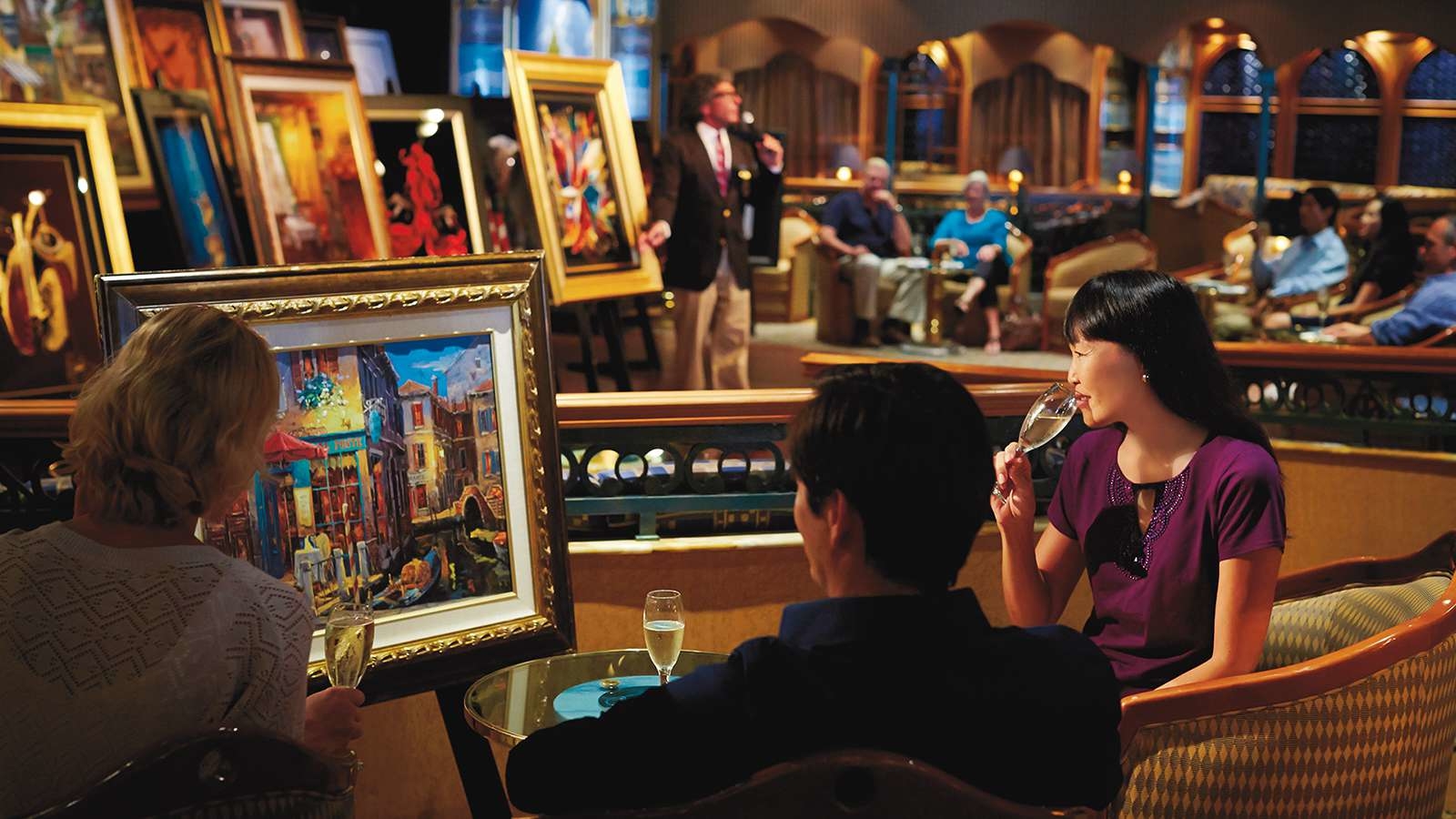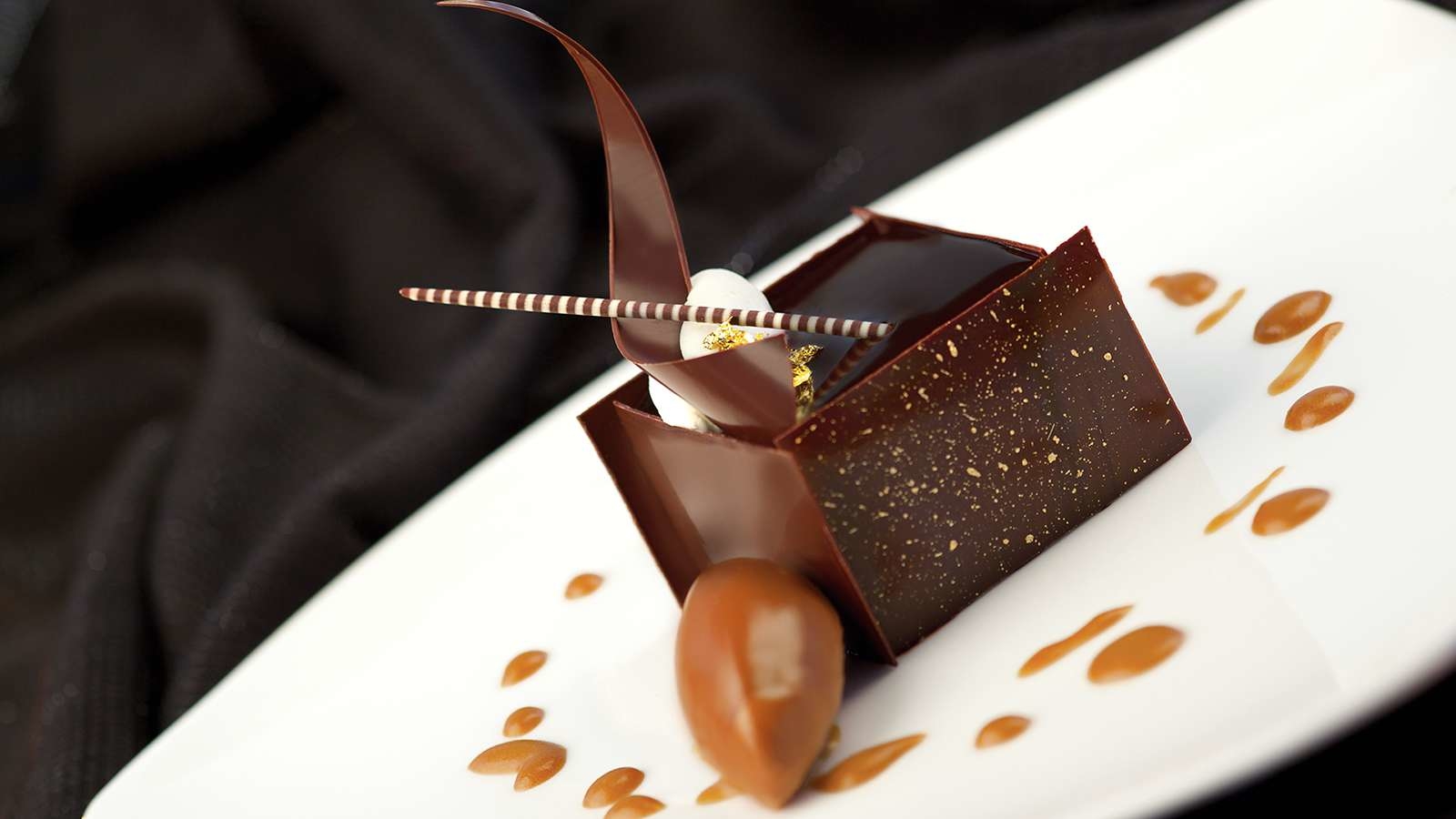Please complete the form below



Yokohama and Edo began life as sleepy fishing villages. That changed in the early 17th century after Tokugawa Ieyasu became Shogun. Edo became the center of political power in Japan, a position the city retained even after the restoration of Imperial rule in 1866.
Contemporary Tokyo may be the most astonishing city on earth. It’s a paradoxical mix of ancient tradition and postmodern culture. The Ginza – an international shopping mecca – stands near the serene grounds of the Imperial Palace, and the hyper-speed of 21st century consumerism is mysteriously reconciled with the elegance and serenity of traditional culture. Tokyo provides the traveler with a dizzying experience.
With the Meiji Restoration of 1868, Edo was renamed Tokyo, the “Eastern Capital,” to distinguish it from the old imperial capital at Kyoto, the “Western Capital.”
The capital of the Aomori Prefecture in northern Japan, Aomori derives much of its beauty from the apple orchards and cherry blossoms that encompass its landscape and the snow-covered Hakkoda Mountains that look on from a distance. Throughout its history, the city has been stricken with misfortune time and time again – in 1910, a fire destroyed Aomori, and during World War II, the city was left in ruins following an air raid – yet it always prevails.
Aomori is cherished by many who believe a local legend that the grave of Jesus Christ lies within the southern part of Aomori prefecture. However, Aomori is perhaps best known for its renowned Nebuta Festival, an elaborate yearly event in which participants illuminate giant paper representations of samurai warriors, animals, and popular cartoon characters while parading them through the streets.
Sakatais a medium-sized city in Yamagata Prefecture. Sakata is located in the fertile Shonai Plain that is known for its high-quality rice. The city grew as an important stop along the coastal shipping route that connected Hokkaido with Osaka via ports along the Sea of Japan and Seto Inland Sea during the Edo Period.
A local merchant family, the Honma clan, came to dominate trade in the city and accrued a vast fortune that made them wealthier than some of the country’s feudal lords. Due to their power and influence, the clan developed close ties with the local lords and had a number of lavish buildings built. Some of these buildings still stand today along with museums and other attractions.
Kanazawa, which means “marsh of gold,” draws its name from an old legend in which a Japanese peasant, digging for potatoes, found flakes of gold in the ground. Today, gold leaf is a major art form synonymous with the city, and even has a designated museum. A City of Crafts and Folk Art, Kanazawa is also known for its intricate kaga-nui embroidery and delicate kutani porcelain, among other handicrafts, making it a shopper’s paradise! There’s also no shortage of history in this coastal city. Once boasting geisha houses and a labyrinthine samurai village, the city was built around Kanazawa Castle. Fire destroyed all but a few small 16th-century castle structures – namely the elegant Ishikawa Gate and some watchtowers that have become a focus of many a photograph today. Just outside the castle park blooms the enchanting Kenroku-en Garden, one of the Three Great Gardens of Japan, and the home of the country’s oldest fountain.
Wedged between sea, sky and mountains, this small fishing port has been esteemed for centuries for its superb seafood. Here, the Sea of Japan yields up both crab and hon-maguro, the prized Bluefin tuna esteemed by gourmets around the world. Sakaiminato is also your gateway to a very ancient region of Honshu. West of the city lies Izumo-taisha, one of the oldest and holiest shrines in Shinto. This area is dotted with burial mounds from Japan’s Bronze Age. The town of Matsue boasts the celebrated “Black Castle,” a six-story, black-walled castle that home to a clan of the mighty Tokugawa dynasty that ruled Japan for over 250 years. And to the east rises the great snow-capped summit of Mt. Daisen, considered one of the four most scenic mountains in all Japan.
The second largest city in South Korea, Busan is your gateway to a fascinating land whose culture is a unique amalgam of old and new. Modern high-rise towers dwarf ancient Buddhist temples. The city’s bustling business district offers a stark contrast to the serene grounds of Yongdusan Park. In short, Busan is a microcosm of South Korea, a nation whose startling economic success often obscures one of Asia’s most sophisticated and venerable cultures.
Busan was the scene of bitter fighting during the Korean War. The United Nations Memorial Cemetery marks the final resting place for the troops from 16 nations who gave their lives during the conflict.
For most travelers, Nagasaki is a symbol of the horror and the inhumanity of war. An estimated 75,000 people perished in 1945 when the city became the second target of a nuclear attack. Today, Nagasaki’s Peace Park and Atomic Bomb Museum draw visitors from around the world.
But this beautiful city on Kyushu offers other sights. Often described as the San Francisco of Japan, the city occupies verdant hills surrounded by a deep-water bay. For three centuries, Nagasaki was Japan’s sole window on the world. The city is also celebrated as the setting for Puccini’s opera “Madame Butterfly.”
A mesmerizing landscape, a revered cultural history, and Japan’s most sacred volcano are just a few of the many delights beckoning you to come and explore this ancient city. While Shimizu may have the reputation as being bustling and modern, its cultural and spiritual side is on display in the form of ancient and enthralling shrines. Of course, it may be the sacred and snow-capped Mount Fuji that garners the most attention. Towering over the region at approximately 12,388 feet above sea level, the active volcano, designated a “place and source of artistic inspiration” by UNESCO is just one of the many unforgettable adventures Shimizu inspires.
Yokohama and Edo began life as sleepy fishing villages. That changed in the early 17th century after Tokugawa Ieyasu became Shogun. Edo became the center of political power in Japan, a position the city retained even after the restoration of Imperial rule in 1866.
Contemporary Tokyo may be the most astonishing city on earth. It’s a paradoxical mix of ancient tradition and postmodern culture. The Ginza – an international shopping mecca – stands near the serene grounds of the Imperial Palace, and the hyper-speed of 21st century consumerism is mysteriously reconciled with the elegance and serenity of traditional culture. Tokyo provides the traveler with a dizzying experience.
With the Meiji Restoration of 1868, Edo was renamed Tokyo, the “Eastern Capital,” to distinguish it from the old imperial capital at Kyoto, the “Western Capital.”
Please complete the form below